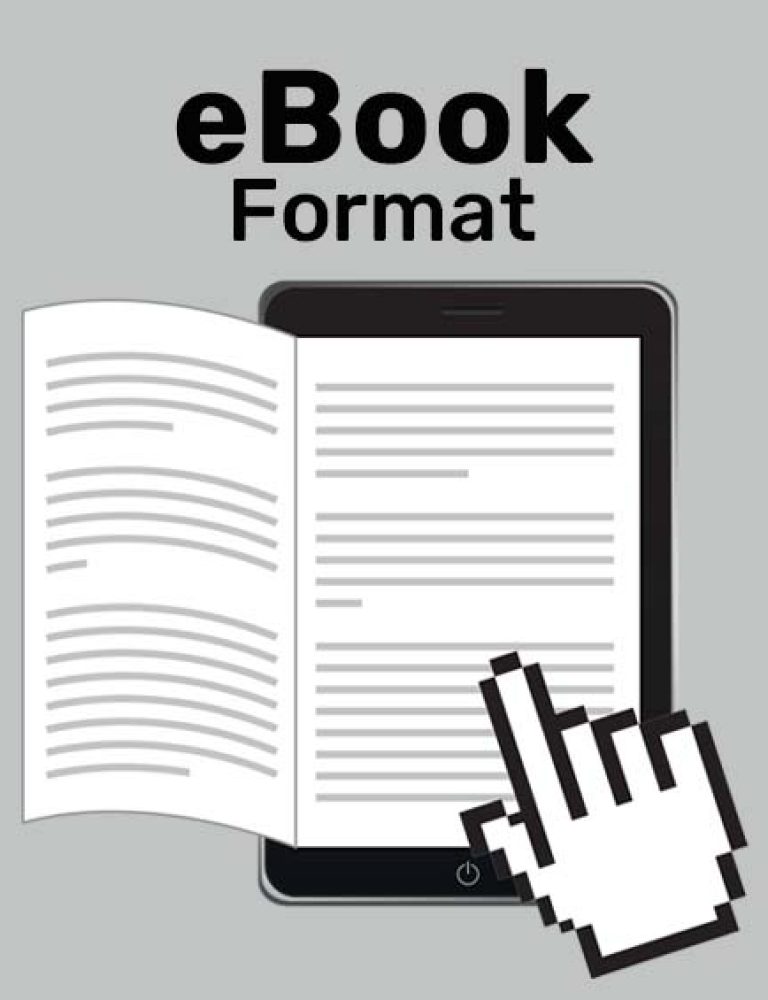What is Book Digitization?
Book digitization, as the name suggests, refers to the process of creating digital versions of physical books, magazines, manuscripts and records. As content goes digital there is a pressing need for publishers and libraries to digitize their books in acceptable formats that reduce file size, allow text formatting and enable online search of the books in the online space.
Related Read: How to Convert Textbooks to Digital Content in Easy Steps
Why do you Need to Digitize Your Books?
While physical books continue to retain their charm, there is an increasing need to digitize books and reach a wider audience in the online arena. Here are some reasons to digitize books.
Also Read: How to Create an Interactive eBook in 10 Steps
Reach a wider audience
With digital books you can extend your market reach and tap potential readers who consume content online. While several readers prefer to read fiction in the physical book form, there are others, especially the millennial generation that prefers to consume content on their PC, laptops, mobiles, or dedicated readers such as Kindle.
Space saving
Digital books are space saving for both the publishers and the readers. The publishers no longer need physical space to store books and so can eliminate the cost of space, rent and storage. As for the readers, they can carry a whole library of digital books on their smartphones and read in the comfort of their homes or while on the move. They can read books online or download for offline use.
Restore damaged books
Book digitization can bring to life damaged books and revive the interest in them in the online marketplace.
Easy to share
Digital books are easy to share from a cloud or any other platform. People do not have to visit a brick and mortar store but can purchase on an e-commerce platform anytime and from anywhere.
Achieve cost-efficiencies
As said above, digital books help to eliminate costs of rent and storage associated with physical books. Then there are added cost benefits to reap from digital books including reduced cost of printing, maintaining physical records and managing equipment. Once you have digitized a book, you can make as many digital copies you need with no or minimal extra cost.
Environmentally friendly
Finally, digital books leave no carbon footprint, helping to save paper and add to your green credits.
Also Read: 9-Point Guide for Switching to ePublishing from Traditional Books
How do publishers digitize books?
1. Create digital images
The first step is to create digital images of the physical book using a scanner. While there are manual scanners, you would need a commercial scanner to digitize books at scale. These scanners use high quality cameras with light sources on either side. The camera is placed in a way that allows the person or machine to easily turn the pages. There are two types of commercial scanners:
a. Destructive book scanning
In this method, the book has to be unbound and then scanned one sheet at a time. A paper stack cutter is used to cut the book’s spine including the binding glue. The loose papers are then fed into the document feeder for scanning. The method works well for low-budget digitization; but, it is not suitable for collector’s items or limited edition books. However, the method is time-consuming since the book is first cut and then the loose pages are fed into the machine. The other aspect is that the book has to be unbound carefully, otherwise, text could be damaged or the scan could be defective, which would compromise the quality of the digital version.
b. Non-destructive book scanning
Here, the book to scan is not unbound. The scanning technology can capture the page and create a digital image with little or no damage to the text or graphics. Some scanners also include sensors that can detect dual pages, which ensures no page is missed out in the scan. This technology can scan up to 2900 pages per hour, making it ideal for digitization at scale.
2. Clean the PDF
Once you have scanned the book, the next step is to clean it for errors. Here is a list to guide you through the step:
- Delete empty pages: If there are any blank pages, delete them.
- Fix page orientation: It may be that the ‘auto-detect orientation’ is on when you scan your book. As a result, the scanner may flip some pages by mistake. To avoid this issue, it is best to turn off the feature if you are sure that the pages have been fed in correctly.
- Make the PDF searchable on the Internet: Once the book is scanned, the next step is to add index data. The OCR (Optical Character Recognition) software is used to index data and make the PDF searchable.
- Keep a backup copy of the digital book: This is all the more important if you are using the destructive method of scanning which destroys your physical book. In case of any accidental deletion, a computer virus or ransomware, you may lose your digital book forever. You must keep a master file of the digital book.
3. Image resolution
The higher the image resolution, the better the digital book. Ideally, the recommended dpi (dots per inch used to measure resolution) is 300 for grayscale and color originals, 400 for special manuscripts, and 600 for black and white originals.
4. Color management
Color reproduction varies depending on the scanner and printer used. The problem can be resolved by developing a standardized color profile for use on various devices, based on the ISO-certified ICC_Profile by the International Color Consortium.
5. Run a quality control check
Check the scanned document for any errors such as missing or double pages, shadowing or finger marks on images, poor image quality, and cropped type areas. While there are several software solutions available to conduct a quality check, the ideal option is to run a manual check and address all such errors.
6. Index your digital books
Indexing will help you classify your digital books, making them easy to search and find.
7. Add metadata
Adding metadata will make your digital book searchable on the Internet.
8. Store your digital book on the cloud
The simplest way you can make your digital books available to your audience is to store them on a cloud. With cloud storage, you can easily backup and duplicate your digital books. Besides, you can also email yourself some PDFs to keep as copies in your mailbox.
Guide:
How to Create an Interactive eBook
In conclusion
In conclusion, book digitization is becoming increasingly important in the online world. It offers a range of benefits, such as space-saving, cost-efficiencies, ease of sharing, and environmentally friendly solutions. Digitizing a book involves creating digital images, cleaning the PDF for errors, ensuring high image resolution, color management, conducting quality control checks, and indexing digital books. By following these steps, publishers and libraries can take advantage of the digital age, reach a wider audience, and bring their books to life in the online marketplace.
To know more, write to us at kitaboo@hurix.com
Suggested Reads:
Discover How An Ebook Conversion, Publishing & Distribution Platform Can Help You
Kitaboo is a cloud-based content platform to create-publish & securely distribute interactive mobile-ready ebooks.
You May Also Like
-
Interactive eBooks: The Future of Digital Reading!
Blog,Digital Publishing,eBook solution / February 29, 2024








